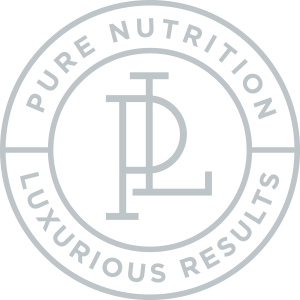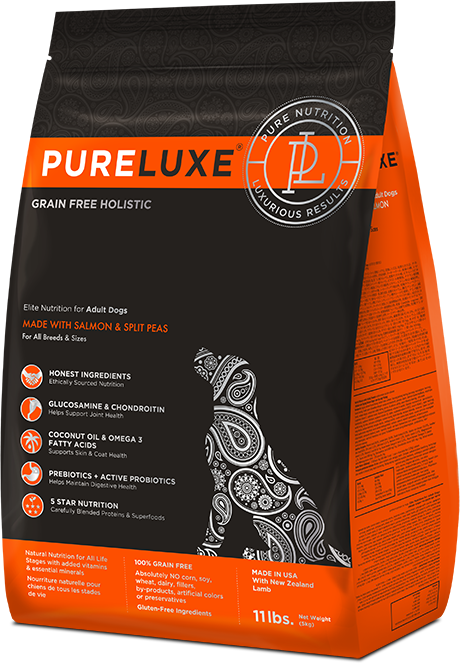Our feline friends can be picky eaters, but their nutritional needs are
Our feline friends can be picky eaters, but their nutritional needs are serious business. Kibble offers convenience, but did you know certain formulas can address specific health concerns? Let’s explore a few:
Sensitive Stomach Support: Cats with digestion issues often benefit from kibble with highly digestible proteins like hydrolyzed or novel protein sources. Look for limited ingredient diets, avoiding common allergens like beef or dairy. Added prebiotics and probiotics can also promote healthy gut flora.
Weight Management: Overweight cats are at risk for various health problems. “Light” or “weight control” formulas contain fewer calories and higher fiber to help your cat feel full while shedding pounds. Increased protein helps maintain muscle mass during weight loss.
Urinary Tract Health: Urinary issues are common in cats. Kibble designed for urinary health often contains ingredients that acidify urine, reducing the risk of crystal formation. Increased moisture content (often found in wet food, but some dry foods are formulated this way too!) is also crucial.
Kidney Support: Cats with kidney disease require a specialized diet. Kibble formulated for kidney health typically has restricted levels of phosphorus and protein, easing the burden on the kidneys. These diets often require a vet’s prescription.
Joint Health: Older cats, or those prone to arthritis, may benefit from kibble containing glucosamine and chondroitin. These compounds can support joint cartilage and reduce inflammation. Omega-3 fatty acids can also contribute to joint health.
Remember, every cat is unique. Consult your veterinarian before switching to a therapeutic diet. They can diagnose your cat’s specific needs and recommend the most appropriate food.




















